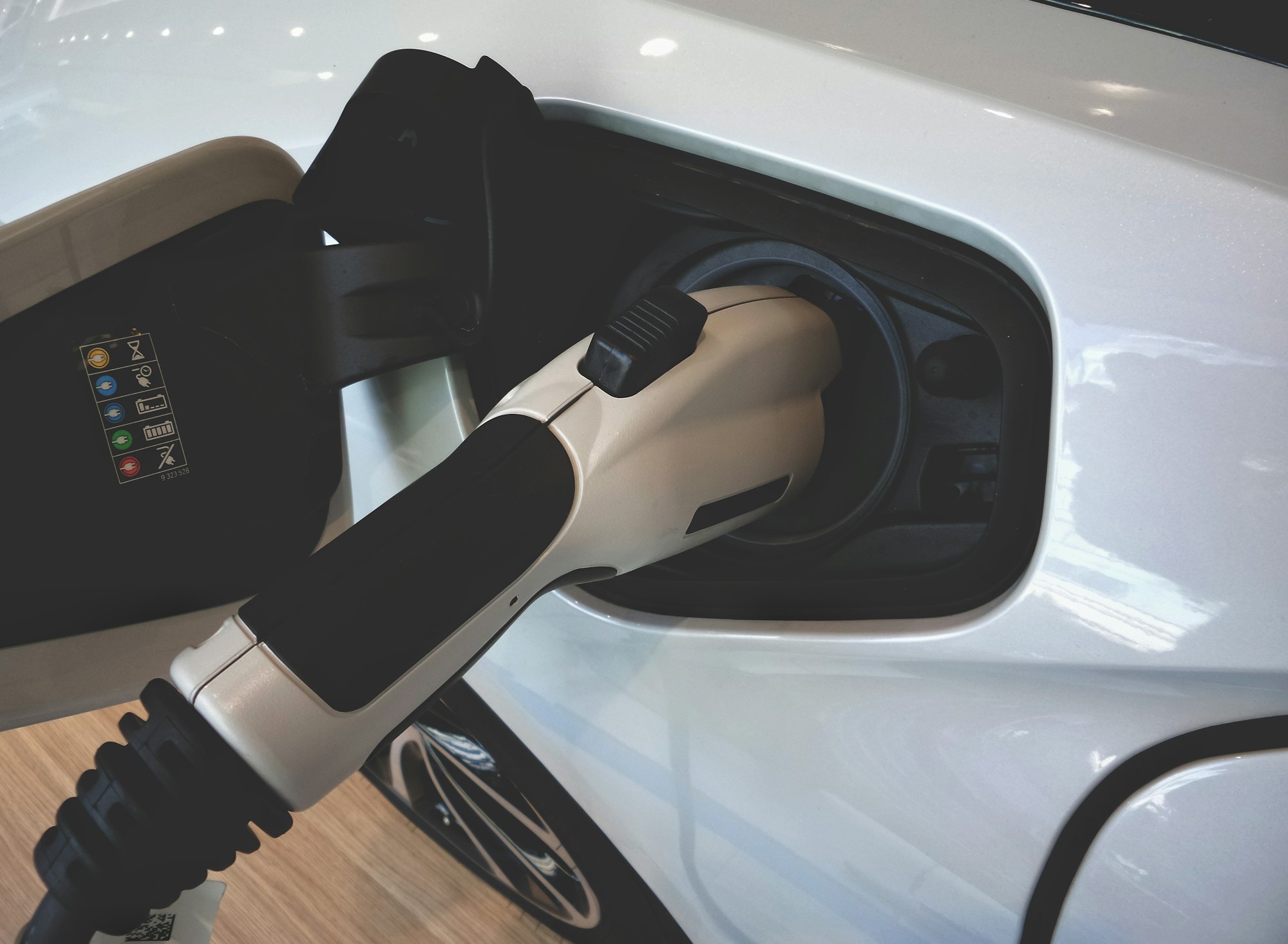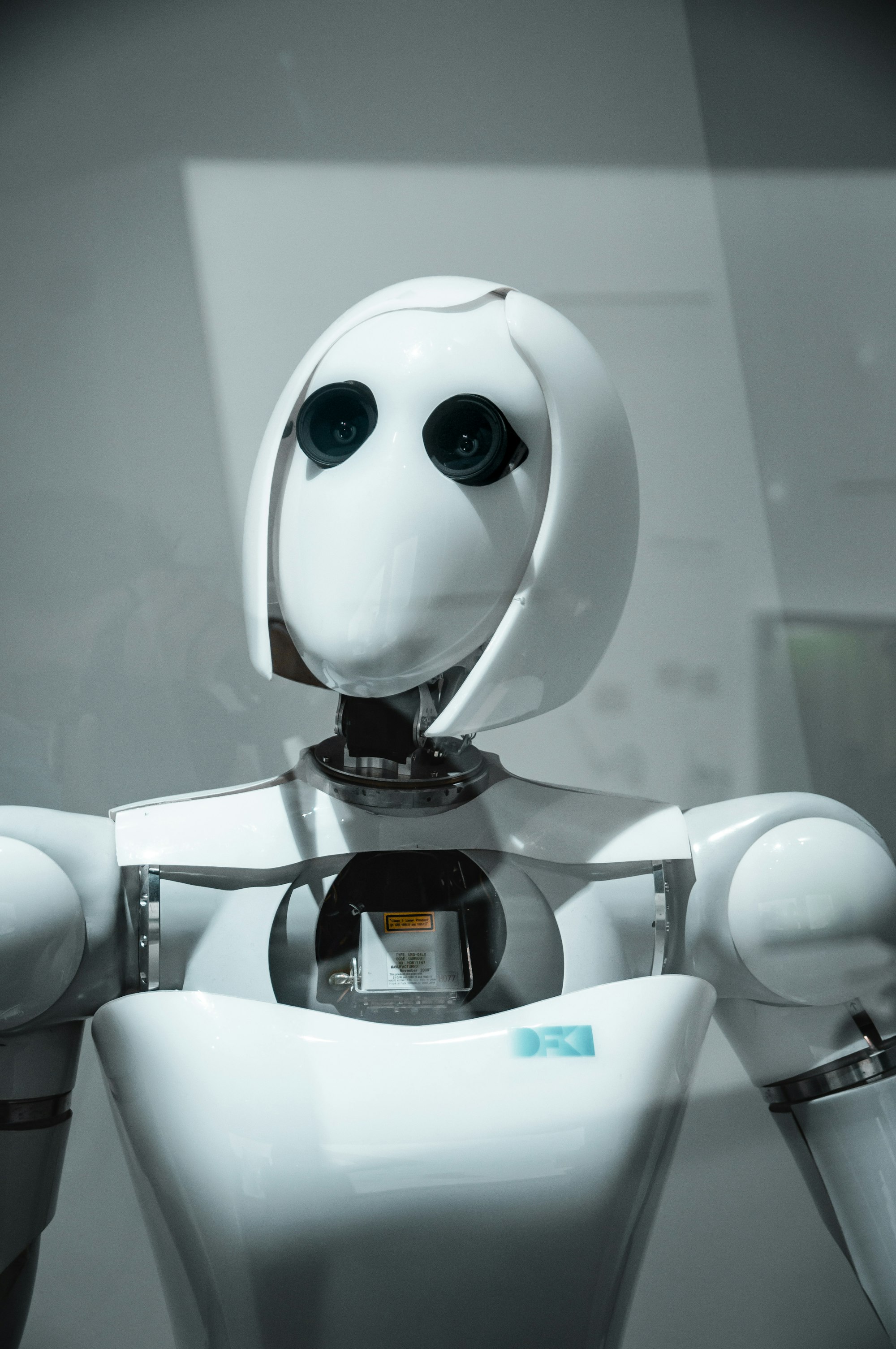When the books on disruptive technology are written the story of electric vehicles will form a new chapter.
The first time I wrote about electric vehicles, I was accused of smoking something funny. Then, a few years ago, there was a queue of electric vehicle cynics long enough to circumnavigate the M25 or fill the San Diego Freeway many times over.
Back in 2011, after a Nissan Leaf driven by Jeremy Clarkson ran out of electricity, the then presenters of Top Gear concluded that electric cars were not the future.
Indeed, so anti electric cars were the triumvirate of Clarkson, Hammond and May that there were even accusations that they deliberately flattened the Nissan Leaf's battery.
Similar accusations surrounded another episode of Top Gear when Clarkson reviewed the Tesla Roadster.
In 2016, James May was still advocating hydrogen cars.
In 2017, when presenting the Grand Tour, Jeremy Clarkson said that the future is "made of petrol."
By 2017, James May had become something of an electric car supporter; even so, he said that the government was being unrealistic in setting 2040 as the target for banning sales of new petrol and diesel cars.
And that is classic disruption — the experts, or maybe we should call Clarkson, Hammond and May 'the most high profile car fans in the world,' were slow to spot the electric vehicle revolution.
That is why when researchers ask their customers for their view on a new disruptive technology; the feedback is often negative. That is why listening too carefully to customers can be a mistake.
Clarkson, Hammond and May get it now, of course, like turning up at a party just as the punch runs dry.

OPEC got it wrong too
"In 2015, OPEC expected the world's electric car fleet to reach 4.7 million by 2040. That feat was achieved in 2020," tweeted Akshat Rathi at Bloomberg News.
In 2015, OPEC expected the world's electric car fleet to reach 4.7 million by 2040. That feat was achieved in 2020.
— Akshat Rathi (@AkshatRathi) August 4, 2021
In 2020, it upped its EV forecast to 300 million by 2040. Who wants to bet OPEC will be wrong again?
Read @colinmckerrache: https://t.co/oASsgC7mnA pic.twitter.com/gNd46Asmg7
The price collapse
A recent study found that the cost of lithium-ion batteries has fallen by 97 per cent since their introduction in 1991; it projects continued price drops over the next three decades.

Who could have foreseen that? No wonder Clarkson et al. were caught by surprise. It is just that many did — that is how exponential works. While technology cynics busily claim technology does not change exponentially, the lithium-ion battery fell in cost following an exponential trajectory creating the electric vehicle revolution.

Battery demand
According to Block-builders.net, demand for rechargeable batteries will increase 335 per cent between now and 2025.
Although the main driver of demand is expected to be electric vehicles, consumer electronics will also support the growth.
Block-builders.net also predicts a ten-fold increase in demand over 2020 by 2030.
By 2030, usage of lithium-ion batteries as stationary energy storage is expected to exceed total usage in 2020.
Joins the disruption club
That is how disruptive technology works. Netflix didn't disrupt Blockbusters slowly. Nor did the smartphone and digital cameras slowly eek away at Kodak's market share.
Technology cynics get caught up in linear thinking; if demand for batteries grew by 100 GWh (Giga watt-hours) one year, they project forward and see slow take-up. But that is not how disruptive technology works — the increase increases each year; each year's growth is a proportionate function of the previous year's growth; that is how exponential works.

Why are electric cars disruptive?
Classic disruptive theory — Innovator's Dilemma — suggests that as a new disruptive technology develops, the previous dominant market players lose their position of dominance.

The jury is out on whether traditional car manufacturers can withstand the EV onslaught from the likes of Tesla. Toyota seems to have missed a trick with its preoccupation with hydrogen cars.
No, the real disruption to traditional cars will occur with autonomous cars leading to car sharing. That will develop even more suddenly than electric vehicles, and traditional carmakers hate the very idea. (Bear that in mind when you read reports doubting whether autonomous cars will even occur. But the critique of autonomous cars is analogous to the critique of electric cars eight years ago, touchscreen phones 15 years ago, and even alternatives to video rental 20 years ago.)
But even if traditional car companies manage to embrace electric technology in time, the disruption of the oil industry, petrol/gas charging infrastructure, and car mechanics will be enormous. Remember, electric vehicles have fewer moving parts, so as they become the dominant form of motor transport, the network of car maintenance businesses will be devastated.






Related News
Saving money and the planet— not a bad brace.
Jan 15, 2024
Solar revolution is back on thanks to falling cost of polysilicon
Jan 10, 2023
Tech bubble! Are you kidding?
Jan 06, 2023